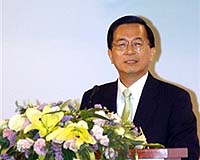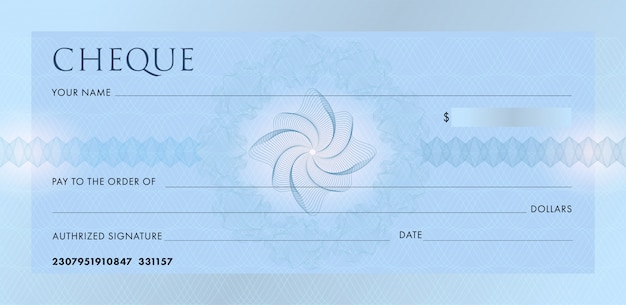


If you want to have your money back, you want to force debt repayment, that basically means you are going to forgo the goodwill.” “I think China literally has to choose which side it wants to let go. “This is a moment where China cannot have its cake and eat it too,” said Zongyuan Zoe Liu, an international political economy expert at the Council on Foreign Relations. That tension, experts say, has left Beijing facing an impossible trade-off: Can it collect its money without hurting its image?

It complicates Beijing’s broader aspirations of extending its influence and forging new relationships through economic deals. Chasing down unpaid debts won’t win many friends. The problem for China is that nobody likes being hounded for money. Now, he said, “the developing world is getting to know China in a very new role-and that new role is as the world’s largest official debt collector.” China has broken a few bones in Sri Lanka, whose financial turmoil allowed Beijing to seize control of a strategic port, and is hassling Pakistan, Zambia, and Suriname for repayment.įor two decades, countries “were getting to know China as the kind of benevolent financier of big-ticket infrastructure,” said Bradley Parks, the executive director of the AidData research group at William & Mary. Eager to recoup its money, Beijing is transitioning from generous investor to tough enforcer-and jeopardizing the very goodwill that it tried to build with initiatives such as the BRI. Diplomatic power-establishing a multilateral investment bank -Soft power-enhancing China's image as a champion of development/creating the impression that China's rise presents an opportunity, not a threat) - Regional relations: Enhance China's image as champion of developing states: 4.4 billion people in 65 countries are expected to benefit economically from the initiative.In the span of a decade, China has emerged as the developing world’s bank of choice, pouring hundreds of billions of dollars in loans into global infrastructure projects as part of its sprawling Belt and Road Initiative (BRI).īut as its borrowers fail to pay up, China is finding that its newfound authority is coming at a price. China provided 50% of the US$100 billion in capital for the bank. China hopes that the bank will eventually lend between US$10-15 billion per year. Legitimacy-currently includes 64 states, with 22 prospective members - Economic power-establishing the bank and providing aid for OBOR projects: In 2016, AIIB committed a total of US$1.73 billion in loans to fund a total of nine projects. Traditional allies in Europe were also asked not to join, though most are now prospective members. US placed considerable pressure on key allies, such as Australia and South Korea not to join the bank. However, US opposes bank, seeing it as a challenge to Western IGOs. A Board of Governors, consisting of one representative from each member state assesses and approves loans for development projects. (2014) - AIIB is a multilateral investment bank that aims to support the building of infrastructure in the Asia-Pacific region.


 0 kommentar(er)
0 kommentar(er)
